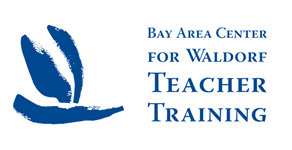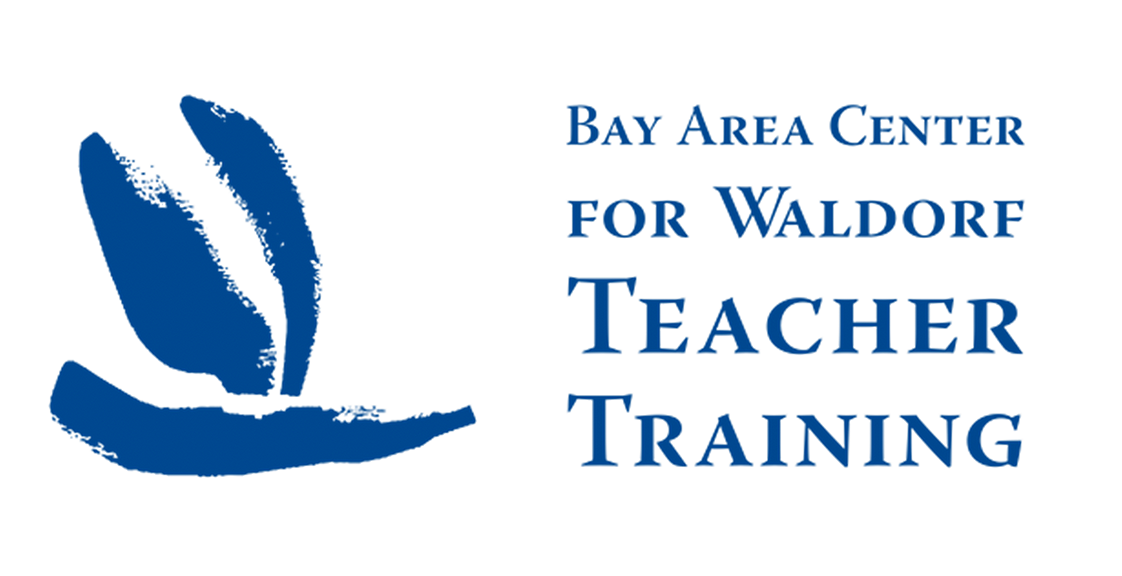We are currently enrolling for the 2023-24 school year! Learn more about our 3-year Waldorf Teacher Training Certification Program below. The deadline for submitting an application is August 1, 2023.
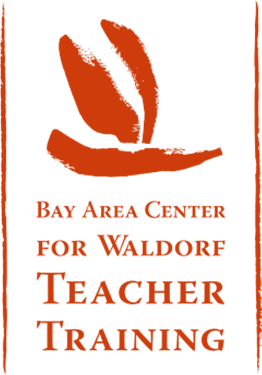
Waldorf Teacher training Program
Begins September 2023
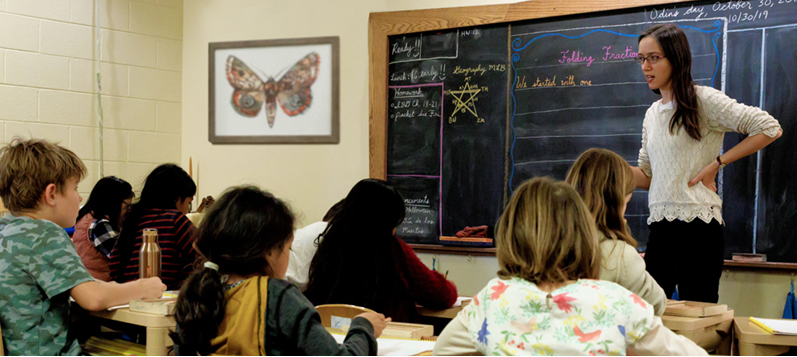
Who is preparing the young to care for our world, for its peoples?
What is the task of the teacher of children in the 21st Century? Are we truly honing the capacities that the next generation needs to develop to be able to face the coming challenges? As Albert Einstein famously said, “ We can’t solve problems by using the same kind of thinking we used when we created them. ”
Preparing oneself to become a Waldorf teacher first and foremost means being willing to find new ways to approach the issues of our times, to think new thoughts, to let go of old and unhelpful patterns of thinking and acting. As teachers, we have a responsibility to sort through our own ideas so we can cultivate space for something new, first in ourselves, then in our students. As teachers we stand in a middle ground, passing on knowledge and wisdom from the past while creating space for children to create and move into the future.
“I have great respect for the past. If you don’t know where you’ve come from, you don’t know where you’re going. I have respect for the past, but I’m a person of the moment. I’m here, and I do my best to be completely centered at the place I’m at, then I go forward to the next place.” -Maya Angelou
These words can be an inspiration for the Waldorf teacher: standing firmly in the present, with great respect for the past, helping the young to meet the future with poise and integrity.
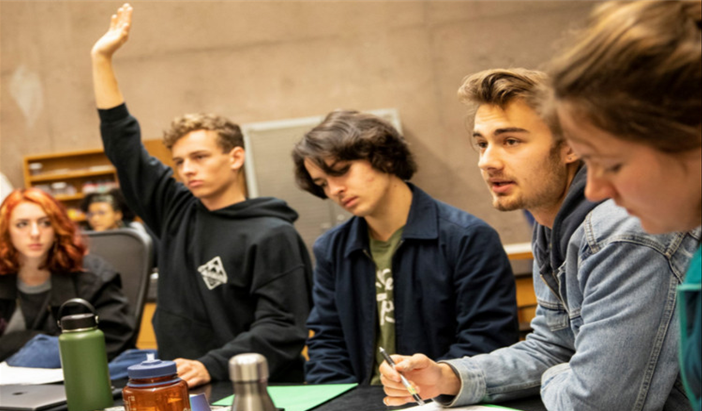
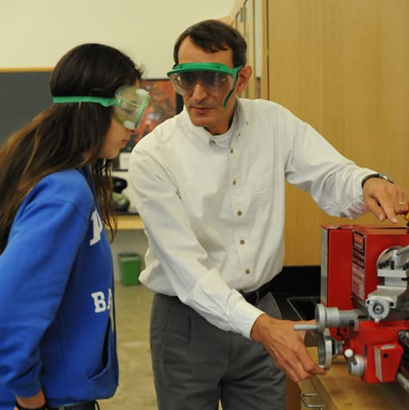
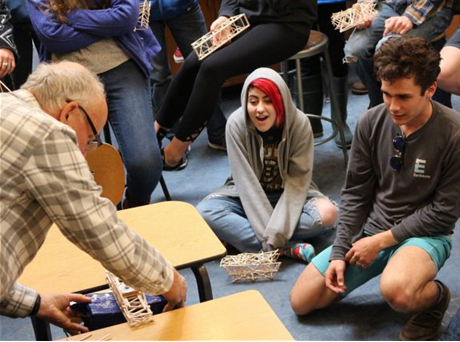
Right: Teacher Fred Basset testing to destruction the amount of weight the students’ own bridge design models can support, Summerfield Waldorf School.
Inner Work and Outer Preparation
The preparation that is needed to become a Waldorf teacher, able to stand in front of children and young people with more that just knowledge and information but with a generational wisdom that has a sense for the past, present, and future, requires a process of both inner and outer schooling. If we are educating children to be open and creative in their thinking, we must be flexible and free in our own thought processes too. If we would like them to stay centered and be courageous in the face of future challenges, then we must model and encourage the same in our classrooms. If we want them to develop an active and purposeful interest in the world and, especially, in those aspects most pressing in our time—social, technological, and ecological—we must present the world to them with truthful idealism and genuine enthusiasm.
For most of us, our own educational experience has not prepared us to teach in an enthusiastic, creative, and artistic way, and even the subjects we love may need to be re-enlivened. Sometimes our own education has created blockages and barriers within us needing to be addressed. There are significant stepping stones that we need to cross to become teachers who can educate the young in a healthy and vigorous way. At the heart of our program lies processes that support awakening, warming, dissolving old habits, and renewing interest and love for the world.
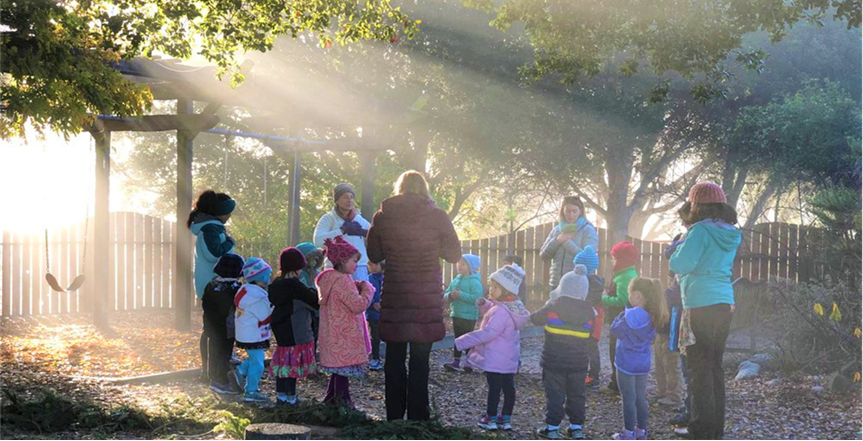
Waldorf teachers bring knowledge and understanding about the world, including language arts and math, in a way that is carefully “age appropriate.” A significant part of our program is devoted to comprehending the changing inner life of the child as they grow, year by year.
Our students study the Waldorf curriculum in depth to discover its richness, and how the flow and timing of subjects gently unfold over the years to nourish and support the growing child. The Waldorf approach requires teachers to be “educational artists,” able to bring content that is living and can be readily digested by the children. There are many methods and practical techniques to be learned that can help create an engaging and healthy social learning space.
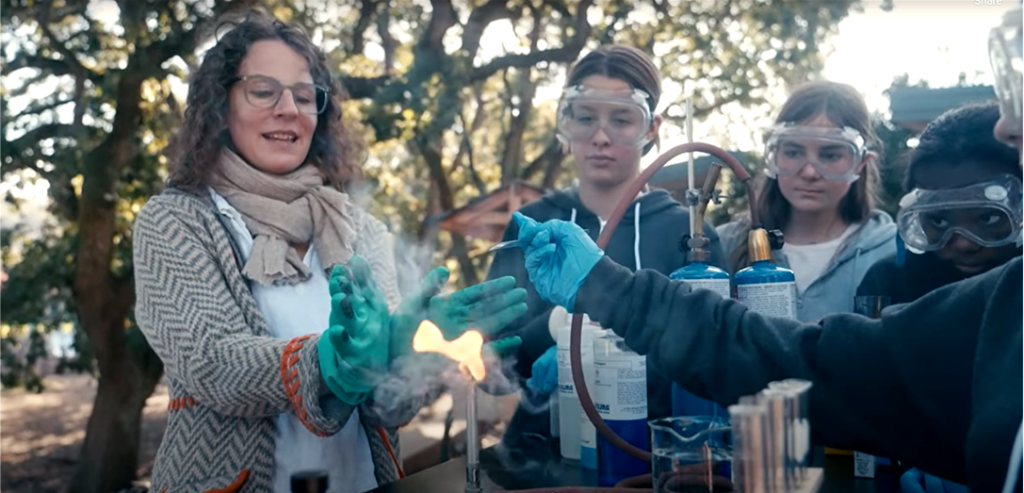
Three-Year Program
The BACWTT program is three years long: Fridays and Saturdays from mid-September through mid-May; plus four weeks, Monday to Friday, from mid-June to mid-July. Altogether students receive 1,150 classroom hours of instruction.
In addition to this, students complete a one-week classroom observation in Year 1, and a three-to-four week practicum in both Year 2 and Year 3. These take place in local Waldorf schools under the guidance of experienced Waldorf teachers who guide the student into the practical realities of teaching.
Waldorf teaching is a highly skilled social art and the teacher is responsible for many aspects of the child’s wellbeing, feeling of self-worth, and ability to pursue their own life goals. The task of the Waldorf teacher is to carefully support the child as they learn and navigate their way into the world—and much good or harm can be done by a teacher in these formative years.
We believe we need every one of our class hours to guide our students into this important role!
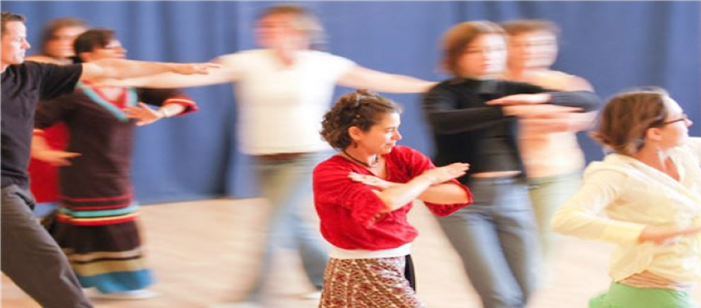
Why So Much Art?
Waldorf education aims to teach the “whole child”—the head, heart, and the hands—so our students are asked to learn in this way too. In our program, students receive many hours of instruction in singing and music, speech and storytelling, painting, drawing and sculpture, form drawing, Eurythmy and Bothmer gymnastics, as well as handwork and crafts. These activities integrate the learning that is accomplished through thoughts and ideas into the feeling life and even into the body. This integration helps the adult student come closer to understanding the child.
Children learn in the opposite direction compared to adults. They learn first with their bodies and then their feelings, before comprehending with their heads. Teachers of young children need to develop the ability to guide the children’s learning in this natural direction by practicing activities while in training, that lead them out of their heads into “body-based” learning.
Young children naturally live in an “imaginative thought life.” Their thinking needs many years to assume the logical and intellectual quality of adults. During these years, the capacities for thinking are approached and developed through the arts.

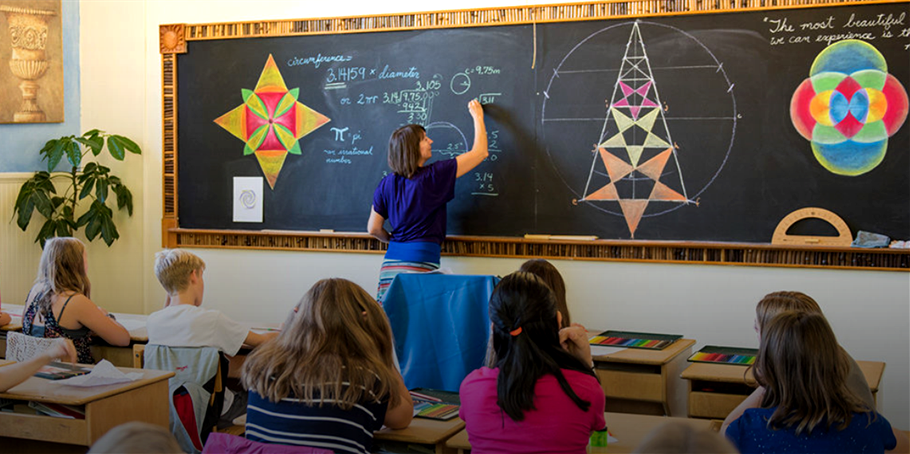
Waldorf Approach for Adults!
Students at BACWTT learn in much the same way as children do at a Waldorf school. Students study philosophy with crayons and colored pencils, child development through clay, and math with music and handwork! There is an element of “unlearning” and “relearning” that must be undertaken to find new ways of being as a teacher. Research shows how important it is for the adult human brain to be challenged with new and different activities for new neural pathways to form. If we don’t do this, we are just repeating ourselves and bringing knowledge in dry, old ways. To work with young children, our adult brain needs to be nimble.
This program is informed by the original work of Rudolf Steiner, Waldorf education, and Anthroposophic practices around the world, as well as complimentary philosophies and practices that support a holistic view of the human being, nature, and spirit.
Schedule: Friday evenings and Saturdays, mid-September through mid-May. Monday to Friday mid-June to mid-July.
Location: The BACWTT office and weekend programs are on the Wildcat Canyon Community School campus, located in El Sobrante, CA in the San Francisco Bay Area. The summer program takes place at Marin Waldorf School in San Rafael, CA.
Certificate of Course Completion: Completion of this program will entitle students to a Certificate of Course Completion issued by BACWTT. BACWTT is a member institute of AWSNA and WECAN.
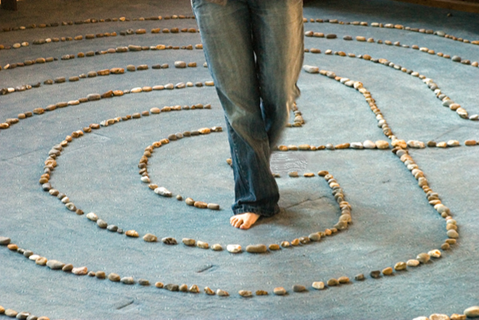
Tuition Fee: $9600
Please inquire about our tuition assistance program.
For more information, please contact: tiffany@bacwtt.org | (415) 479-4400 | www.bacwtt.org
If you are ready to register, please visit our Admissions page to complete the online or PDF application form.
